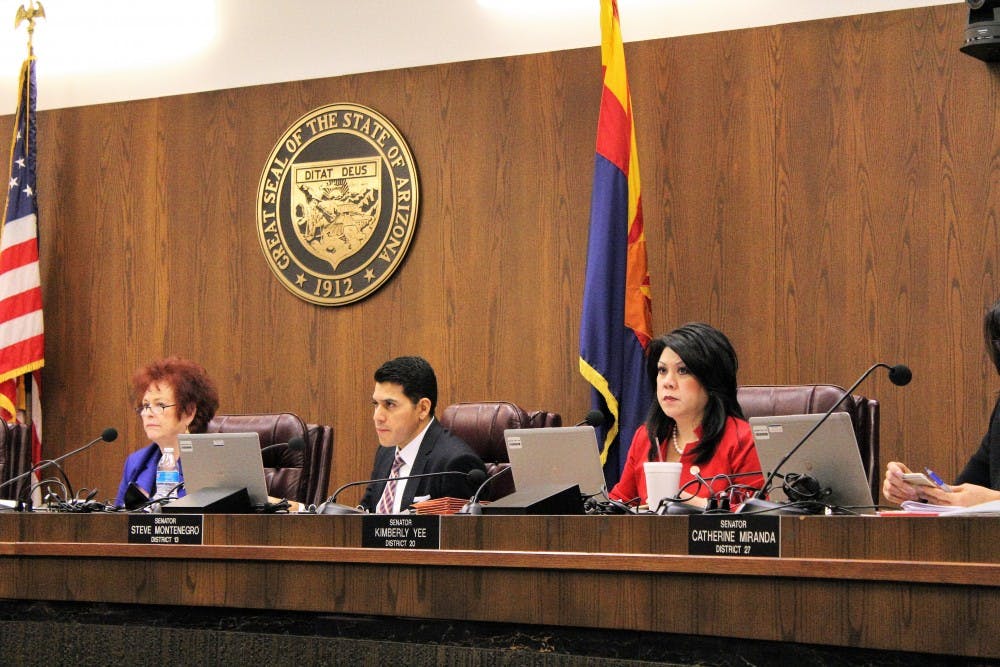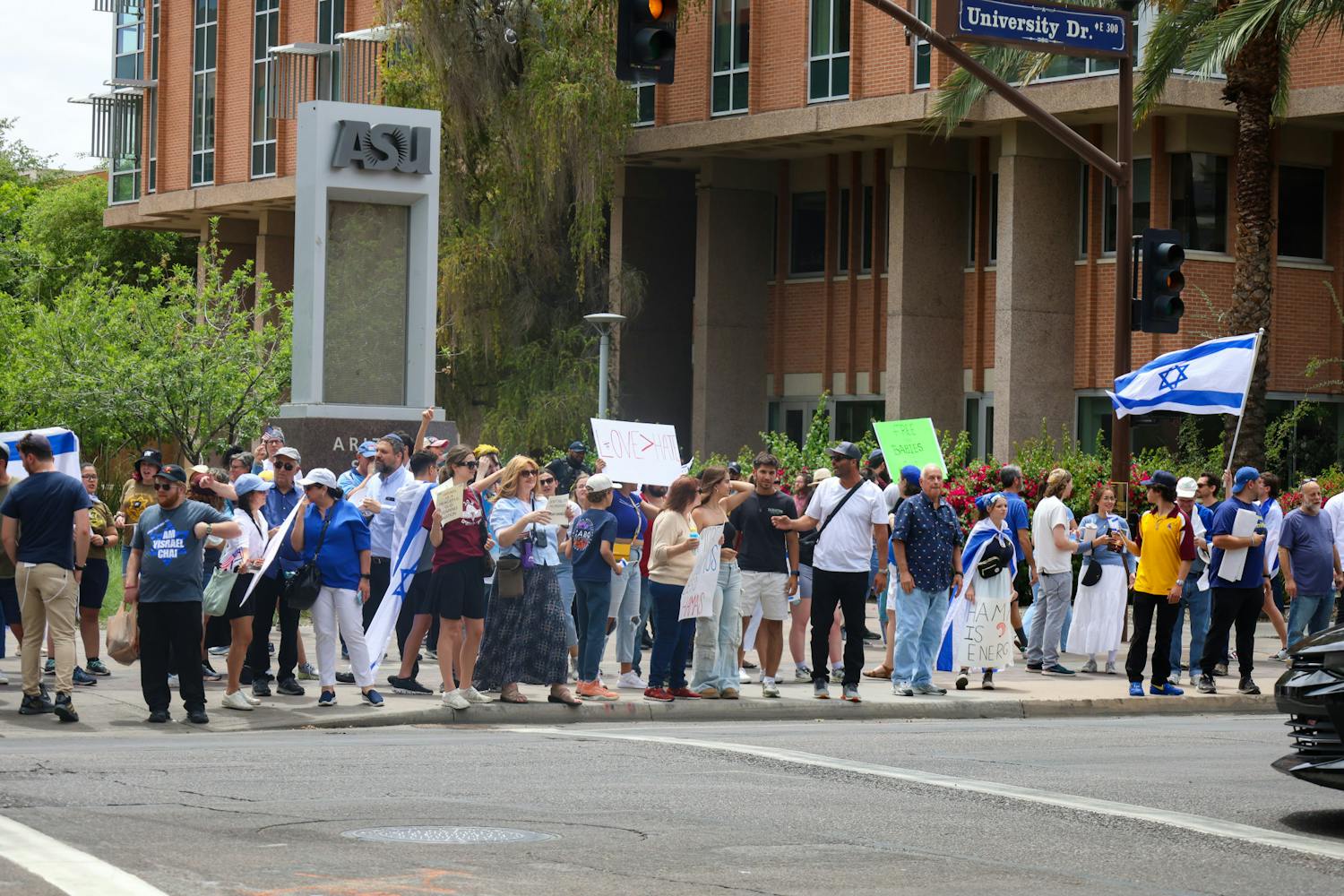Arizona high school journalists will have to wait a little longer for their editorial protection, as Senate Bill 1384 waits to pass through the State House of Representatives.
The bill, which was introduced by Sen. Kimberly Yee (R-Phoenix), would place limitations on the amount of censorship faculty can administer to school papers and other student media.
After passing through the Senate, SB 1384 passed through the House Education Committee by a 10-1 vote.
The bill is now retained on calendar in the House Committee of the Whole, which means it will not move forward until the House decides to debate it.
Media relations staffers in both the House and Senate said the House COW planned to debate and discuss the bill on April 27. A COW active calendar from the House assistant chief clerk confirmed this.
Rep. David Stringer (R-Prescott), the lone "no" vote in the House Education Committee, said his mind could be changed if amendments were made to the bill.
“I’m hoping that I am be able to support this, ultimately,” Stringer said. “I have had a conversation with Senator Yee and her seatmate here in the House of Representatives, (Rep.) Anthony Kern (R-Glendale), and I know there are amendments being prepared that improve, from my point of view, the bill.”
The bill, as approved by the Senate, would protect media advisers from all kinds of disciplinary incurred from supporting student journalists, which Stringer objects to.
“If we’re gonna protect student’s free speech … why then do we have to protect faculty?” Stringer asked. “Frankly, I trust students more than I trust faculty, on these political issues.”
The House COW debated the bill on April 20, when the decision to retain the bill on calendar was made. Stringer said debate was so “vigorous” that they decided to hold the bill for discussion at a later date.
Kern proposed an amendment which passed through the House. When the House COW does discuss the bill, it is likely to be voted on by the House on the same day. After that, it will head back to the Senate to be voted on with the House amendments.
“The amendment actually requires that any adopted, written policy for school sponsored media prohibit lewd and obscene content and instate a student-journalism code of ethics,” Kern said during the debate. “With all our constitutional freedoms there are limitations.”
Joseph Russomanno, who teaches a course for ASU's Walter Cronkite Schools of Journalism and Mass Communication on media law, said the bill would not likely take authority away from school faculty.
“It seems to me that supervising faculty will be decision makers,” Russomanno said. “I don’t think there’s anything about this bill that is ceding authority from faculty to the students. Everybody needs an editor, student journalists included.”
Ms Hart's CSHS Journalism students @ the AZ Senate in support of & testifying for SB 1384 on school sponsored media. pic.twitter.com/eEBJGTHpsA
— Cave Creek USD (@CaveCreekUSD93) February 2, 2017
Russomanno said that while the First Amendment already provides protection to the freedom of the press, this bill would essentially reinforce those rights.
“For journalism to work as it should, it needs to be an independent process,” Russomanno said. “Any editing needs to be self-imposed. I think at the heart of this bill is that very concept of independence.”
Reach the reporter at maatenci@asu.edu or follow @mitchellatencio on Twitter.
Like The State Press on Facebook and follow @statepress on Twitter.




